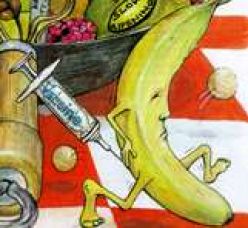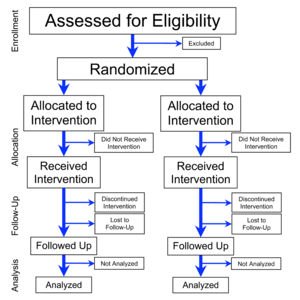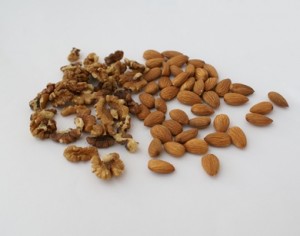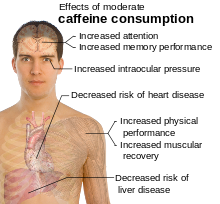A recent study released in the Journal of the American Medical Association (JAMA Vol. 289 No. 18, May 14, 2003) has found a profound effect of exercise on the survivial of elderly women. Dr. Gregg et al. have followed 9518 women aged 65 or older for a total of 12.5 years with a follow-up visit in between at about the 6 year point. They found that women who exercised (walking, aerobics etc.) and who were compared with a control group who was sedentary (no form of exercise), had the following improved survival rates.
These findings were independent of other factors up to an age of 75 years. In other words, age, smoking, weight and a number of pre-existing diseases did not influence these improved survival figures from the effect of exercise. However, when a woman had a significant chronic disease or was older than 75 years of age, the survival improval from exercise was not as strong as indicated in the table above. Also, the follow-up visits showed that those women who exercised continually, had the highest survival advantage.
The bottom line: increasing and maintaining a physical exercise program will likely lead to a longer life. At the same time the exercise program needs to be started early enough to be of benefit to those who are older than 75 years of age.
| Disease and death rate reduction from exercise in women aged 65 and over | |
| Reduction of: |
Effect of risk reduction: |
| overall death rates | 48% |
| cardiovascular disease | 36% |
| cancer | 51% |
Some of the Associations that were contributing to this important study were: The National Center for Chronic Disease Prevention and Health Promotion (Atlanta, Ga), the Graduate School of Public Health, University of Pittsburgh (Pittsburgh, Pa), the Prevention Sciences Group, Departments of Medicine and Epidemiology and Biostatistics, University of California (San Francisco) and the University of Minnesota and Section of General Internal Medicine, Veterans Affairs Medical Center, Minneapolis.
Here is a fitness link: http://www.nethealthbook.com/articles/fitness.php
Last edited December 9, 2012












